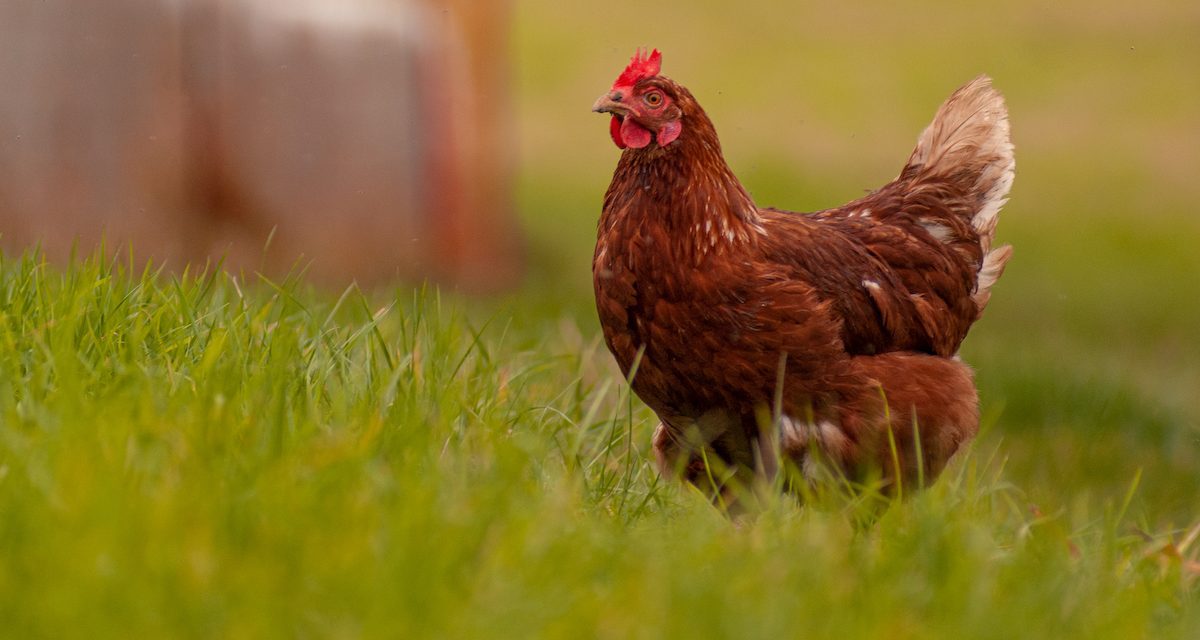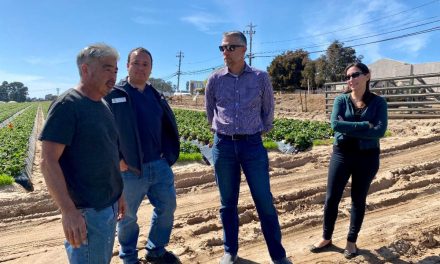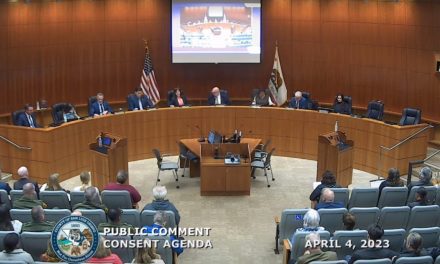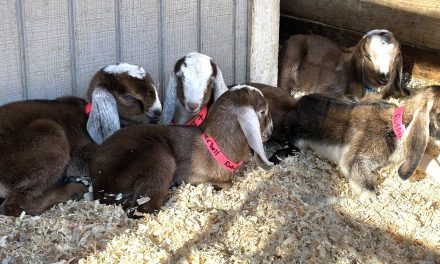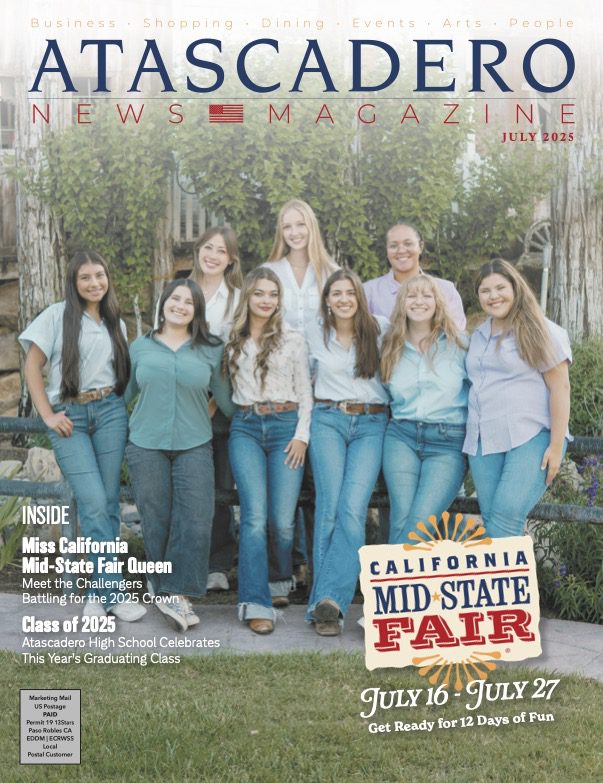U.S. Supreme Court upholds California’s Proposition 12 affecting pork and egg producers
By Ching Lee
California Farm Bureau
CALIFORNIA — Now that the U.S. Supreme Court has upheld California’s Proposition 12, out-of-state producers of pork, eggs, and veal have decisions to make: Change their operations to comply with the law’s animal housing requirements or stop selling their products in California.
Many California producers grappled with similar decisions in 2008, when California voters passed Proposition 2, which mandated changes to how certain farm animals were housed. Farms that decided to stay in the business complied.
For this reason, impacts of Proposition 12, which voters approved in 2018, now fall primarily on producers outside California. Commercial hog and veal operations remain scarce in the state, while eggs were already largely regulated, said California Farm Bureau policy advocate Katie Little.
The May 11 Supreme Court decision “definitely puts some finality to” California’s ability to implement Proposition 12, Little said. The 5-to-4 ruling allows the state to ban the sale of pork, eggs, and veal from farm animals housed in spaces that do not meet the law’s minimum requirements: Egg-laying hens must be cage-free. Housing for breeding pigs needs at least 24 square feet of space, and veal calves must receive at least 43 square feet of space.
Out-of-state pork producers argued that complying with the law would require them to make new capital investments estimated at $3,500 per sow if they wish to sell their products in California, which imports almost all the pork it consumes.
The Golden State enjoys a 13-percent share of the U.S. consumer pork market, making it economically infeasible for many pork producers to exit the California market. Because of the interconnected nature of the U.S. pork industry, all or most hog farmers would be forced to comply with the state’s requirements. There’s also no practical way for processors to separate product raised for California.
The National Pork Producers Council and the American Farm Bureau Federation filed suit, saying the California regulations violate the dormant Commerce Clause. They argued that the state unconstitutionally imposes regulations on farms outside its borders.
“At the heart of this argument is whether one state can set the rules for the entire country,” AFBF President Zippy Duvall said in a statement.
The court ruled the complaint failed to show a substantial burden on interstate commerce and “merely allege harm to some producers’ favored ‘methods of operation.’” It also rejected the groups’ argument that the court should strike down state laws with “extraterritorial effects.”
Writing for the majority, Justice Neil Gorsuch said virtually all state laws “create ripple effects beyond their borders.” Environmental laws, for example, influence where companies choose to manufacture their goods, he noted.
The court also ruled that the dormant Commerce Clause does not authorize judges to vacate duly enacted state laws regulating in-state sale of goods such as pork “based on nothing more than their own assessment of the relevant law’s ‘costs and benefits.’” The competing goods in this case — new costs incurred by out-of-state producers vs. the moral and health interests of California residents — are incommensurable, the court said.
“In a functioning democracy, policy choices like these usually belong to the people and their elected representatives,” Gorsuch wrote.
For California, an immediate concern is whether there will be enough Proposition 12-compliant pork products available to serve its market and what impact a shortage will have on prices, said Jill Damskey, executive director of the California Pork Producers Association.
Most pig farmers here already are Proposition 12-compliant, she said, as many of them raise show pigs and use group housing, not the gestation stalls common in large commercial hog operations and that Proposition 12 seeks to ban.
The court ruling has caused confusion for California processors, grocers and restaurants that source out-of-state pork, Damskey said. Though Proposition 12 took full effect last year, a California court blocked enforcement of part of the law because the California Department of Food and Agriculture did not finalize regulations until last September. A court injunction gives those businesses until July 1 to comply with the new rules.
Damskey said she has fielded calls from processors and grocers needing clarification on what the July 1 end date means: At what stage of the production process can they buy from out of state? Do piglets need to be born by July 1? Can stores sell product they already have on hand after July 1?
Impacts of the law have also affected young people who raise project animals. Those who want to sell eggs or pigs into the general food chain must comply with the minimum housing standards. Damskey said CDFA has agreed to allow fairs to collect all Proposition 12-compliant documents on project pigs that will go into the general food chain, simplifying the process.
Christine McCracken, executive director of animal protein for RaboResearch Food and Agribusiness, said many out-of-state producers were reluctant to make investments to comply with the California law because they were waiting on the outcome of the court ruling.
She estimated 6 percent to 7 percent of U.S. pork producers now comply, which would supply about 50 percent of California’s pork needs.
More U.S. farms could be converted, she said, such as those that had already switched to open-pen gestation or “loose housing.” But much of the production from those farms is already committed to other markets. With the nation’s $20 billion-plus pork industry facing its worst economic period since 2008, she said producers are in no rush to overhaul their facilities.
“Investing right now is a big ask,” she said. “It’s not to say that they aren’t making the changes. Some are.”
Some large vertically integrated processors such as Hormel, Smithfield and Tyson have already begun to change their operations to comply. McCracken said it remains unclear if those firms will have compliant products available on day one.
Imports could fill some of the void. Animal housing standards in Europe, for example, are tougher than California’s in some cases, she noted. Some Mexican producers are gearing up to comply, and some Canadian companies such as duBreton and Maple Leaf already comply, she said.
“That initial transition is going to be a little messy,” McCracken said, noting a lot of noncompliant products were already on their way to the California market, and they won’t be eligible for sale after July 1. The law affects primarily whole pork meat such as pork chops and bacon. It does not apply to cooked and ground products such as sausage and hot dogs.
McCracken said she expects “some fallout” from the Supreme Court ruling, as it raises questions about what agricultural practices states can dictate in other states. In his dissenting opinion, Justice Brett Kavanaugh issued a similar warning.
He wrote that California’s law “may foreshadow a new era where States shutter their markets to goods produced in a way that offends their moral or policy preferences — and in doing so, effectively force other States to regulate in accordance with those idiosyncratic state demands.”

